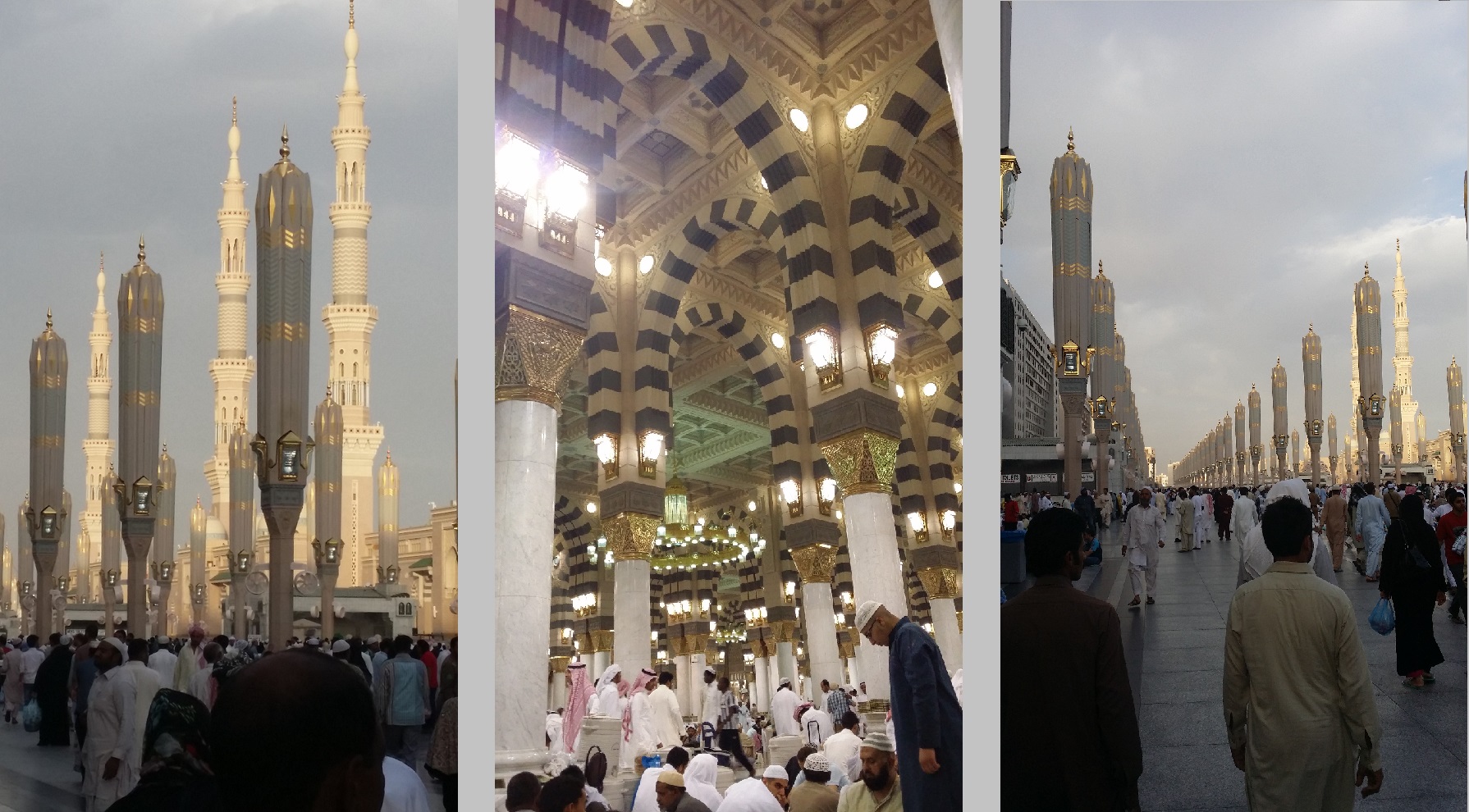Praise be to Allah, Lord of the Worlds,(1:1)
The Beneficent, the Merciful.(1:2)
Owner of the Day of Judgement.(1:3)
Thee (alone) we worship; Thee (alone) we ask for help. (1:4)
Show us the straight path,(1:5)
The path of those whom Thou hast favoured; (1:6)
Not (the path) of those who earn Thine anger nor of those who go astray. (1:7)
|
|
